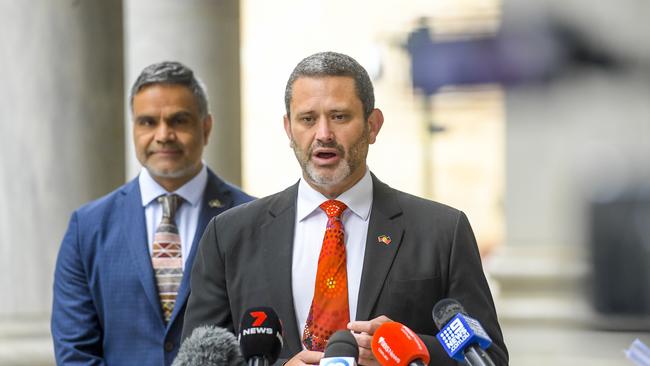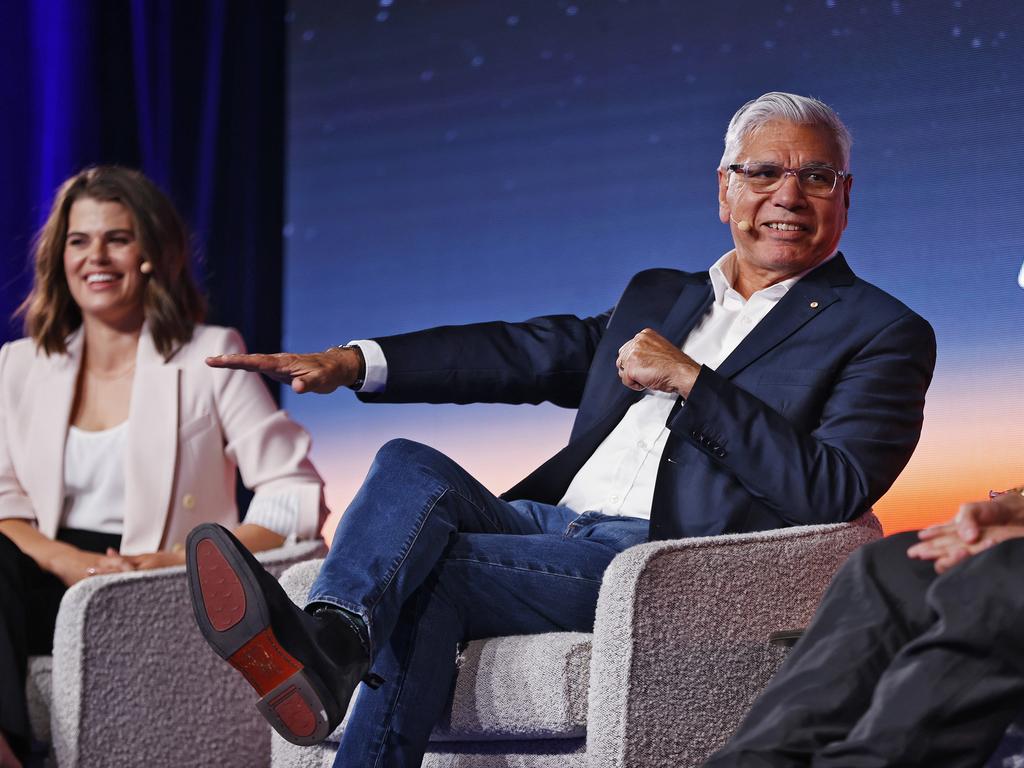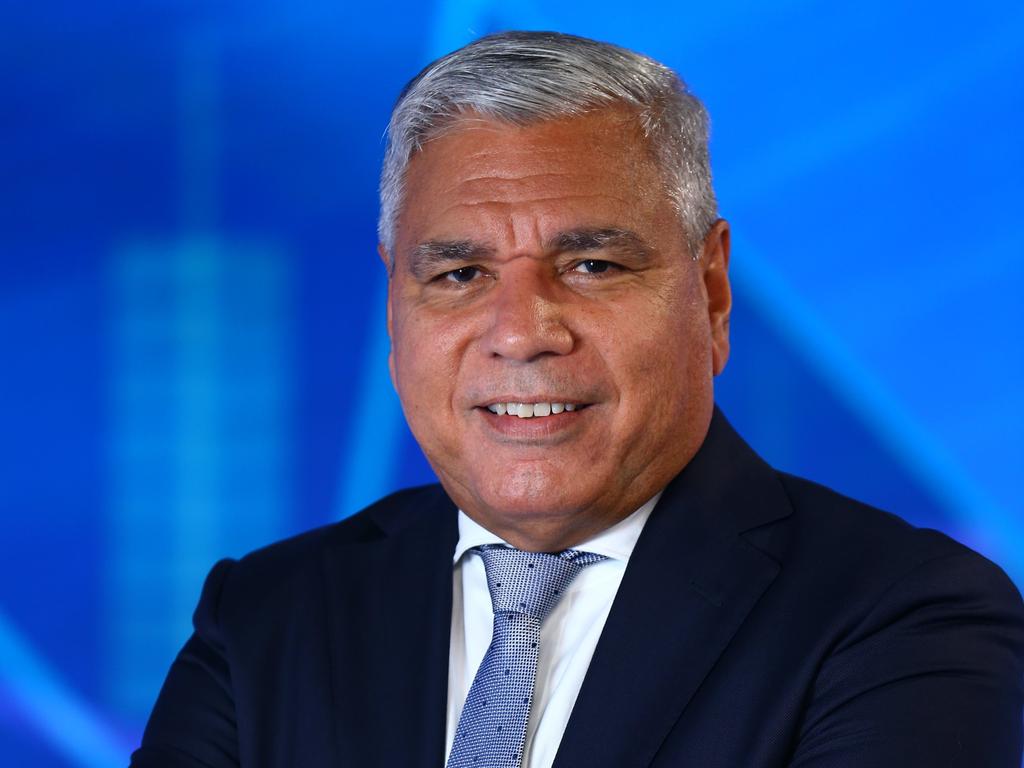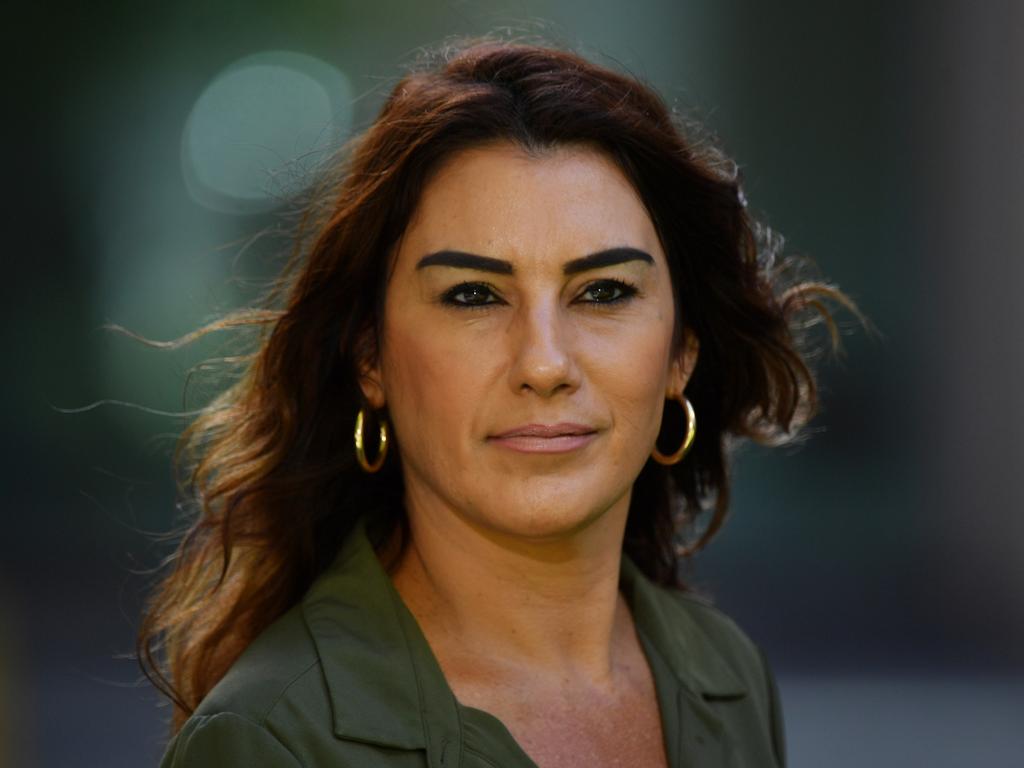South Australian Voice to be introduced before national referendum
Indigenous South Australians will have their own election every four years to elect delegates to the State First Nations Voice.

Indigenous South Australians will have their own election every four years to elect delegates to the State First Nations Voice to advise state parliament on laws affecting Aboriginal people.
The State First Nations Voice will also have a legally-enshrined right to meet with state cabinet twice a year.
The timeline for its introduction is 2024, meaning voters across the country will get a sense of how a Voice to parliament operates before it goes to a national vote at the referendum expected in 2025.
SA Attorney-General Kyam Maher told The Australian the Voice model unveiled in SA on Wednesday was “in no way” a threat to the authority or primacy of parliament.
He also said the proposal had been discussed ahead of its release on several occasions with federal Minister for Indigenous Australians Linda Burney who is watching how South Australia manages the process.
“We do hope that our Voice does a couple of things to help the national debate,” Mr Maher said.
“The first is to show that there is nothing to be afraid of, that it’s not taking power from anyone else, and that the main thing it will achieve is that better legislation and outcomes will come from it.
“The second is that for the first time anywhere in the nation we will have a fully-elected body with the guaranteed ability to talk to the parliament.”
Under the SA model, the State First Nations Voice will have the power only to make presentations to parliament, but not to create, amend or veto bills.
According to the background documents, delegates will be allowed to address the parliament on “particular bills of interest to First Nations people” and make an annual address to parliament.
They will also be allowed to provide reports to the parliament on matters of interest and speak with Ministers and chief executives about the operations, budgets and priorities of their departments in what is known as an “annual engagement hearing”.
A full transcript of those hearings will be made publicly available through a First Nations Voice website.
Strict criteria will be in place for the election of delegates, with candidates having to prove their heritage through a Certificate of Aboriginality or a statutory declaration to that effect.
People with criminal convictions within the past 10 years will be prevented from nominating.
Delegates will not be paid a salary for their work, but are expected to receive a modest fee in line with other government boards and will also be able to recoup expenses from the Voice’s secretariat.
The delegates will be elected in a two-tiered model, with a series of Local First Nations Voices each having two presiding officers, one male and one female, who will then make up the State First Nations Voice.
The bill states that the Local First Nations Voices must meet at least four times and no more than six times per year.
The exact geographic division of the Local First Nations Voices has not yet been determined, but it is expected to be based around existing indigenous boundaries such as Kaurna for the Adelaide Plains and Fleurieu, Ngarrindjeri for the Coorong and Murraylands, Pitjantjatjara for the northern desert country, and so forth.
Mr Maher said a three-month public consultation would now begin and that a bill would be introduced early next year.
He said he was hopeful the first statewide election for the Local First Nations Voices would be held later next year, so the Voice could start operating in 2024. After that, the elections would be held at the 2026 state election, and every four years thereafter in line with the state’s fixed four-year parliamentary term.
“We would really like to see the first Voice by the end of next year with work to begin on advising parliament the year after that,” Mr Maher said.
While Liberal Party sources have told The Australian they expect the proposal will eventually enjoy bipartisan support, Opposition Aboriginal Affairs spokesman Josh Teague said the Opposition was first working through the detail.
“The Opposition has only just received the draft Bill and, given its significance, time will be needed to inspect its contents thoroughly before we take a formal position on the legislation,” he said.
Premier Peter Malinauskas said delivering the Voice was a key commitment he made ahead of Labor’s win at this year’s state election.
“It’s time Aboriginal people have the ability to express their hopes and aspirations for their people in the state’s supreme decision-making body and that means speaking on the floor of parliament itself,” he said.
ends







To join the conversation, please log in. Don't have an account? Register
Join the conversation, you are commenting as Logout